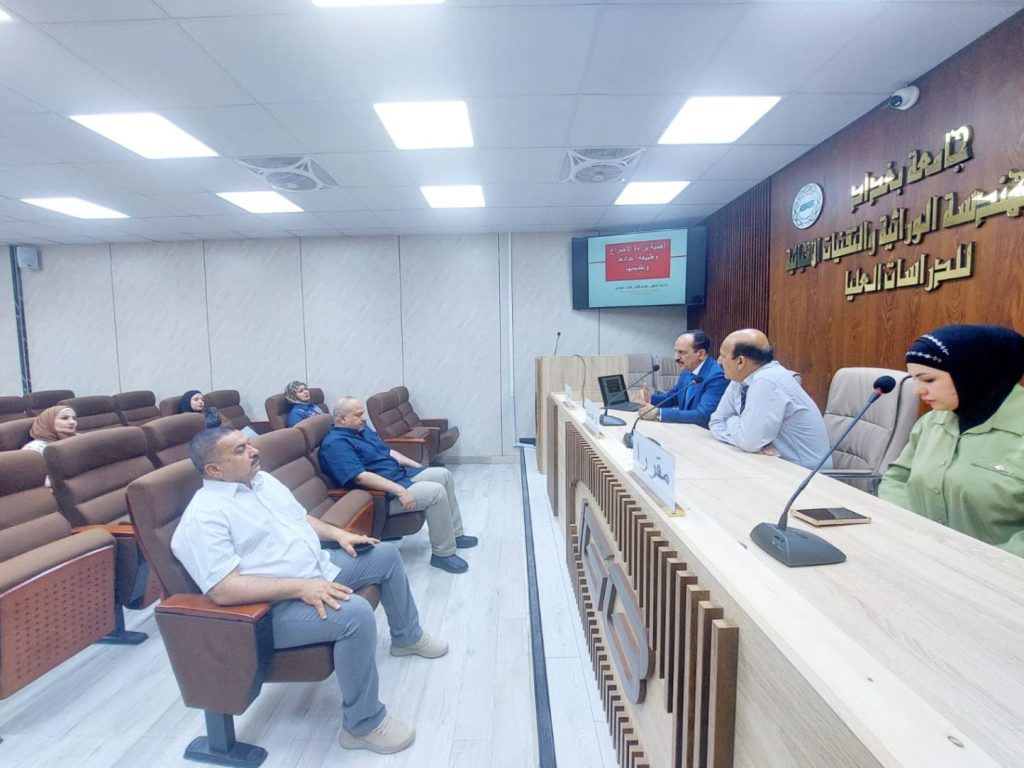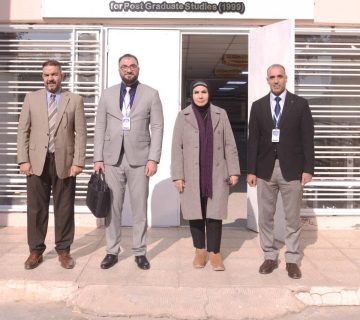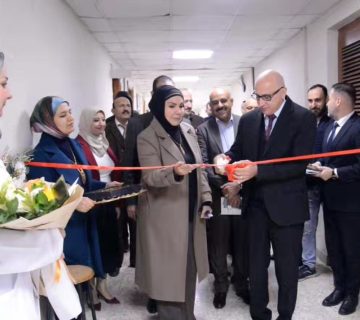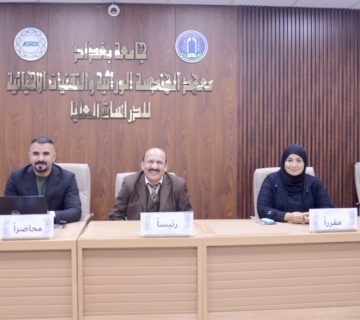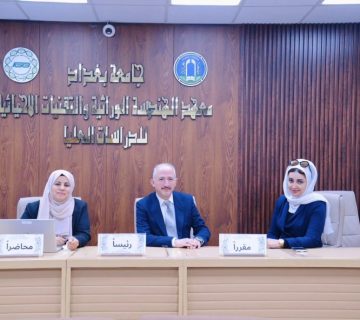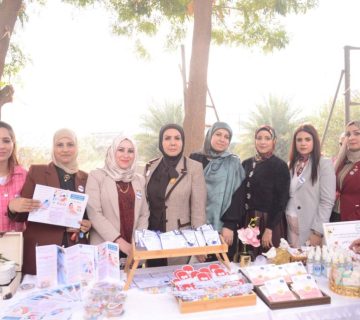The Institute of Genetic Engineering and Biotechnology for Postgraduate Studies at the University of Baghdad organized a scientific seminar titled “The Importance of Patents and the Nature of Their Preparation and Submission.” The seminar was presented by Professor Dr. Essam Fadel Alwan Al-Jumaili, chaired by Assistant Professor Dr. Abdul-Muhsin Muslim Shami, with Ms. Safraa Hussein from the Scientific Affairs Unit serving as the seminar’s rapporteur.
The seminar aimed to educate inventors on how to draft and write a patent application and raise awareness about the main obstacles they may face, along with strategies to overcome them. It clarified the critical stages preceding the submission of a patent application to the Iraqi Patent Office. Many inventors, the seminar noted, lack precise research skills needed to identify and compare existing technologies with their proposed inventions.
The seminar addressed the concept of patents, intellectual property rights, and their role in encouraging individuals to innovate and create marketable inventions. It highlighted how patents can drive innovation that improves the quality of human life and explained the type of legal protection patents offer and their relevance in everyday life. The seminar also included a detailed explanation of the process by which patents are granted and the related procedures.
The seminar recommended that both public and private sector companies give serious attention to applying viable patents—especially in the medical field, where patented innovations have proven effective in treating diseases common in impoverished areas. Additionally, the seminar stressed that patents issued by the Central Organization for Standardization and Quality Control—a member of the World Intellectual Property Organization (WIPO)—are considered international patents. Therefore, it urged the University of Baghdad and other state institutions to recognize these patents as internationally registered, and to treat them equally in terms of annual performance evaluation scores and academic recognition, comparable to patents registered in other countries.


